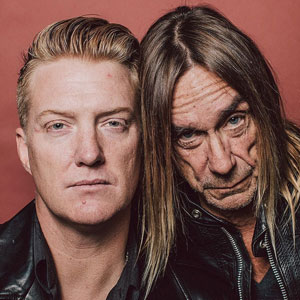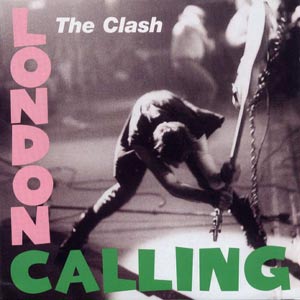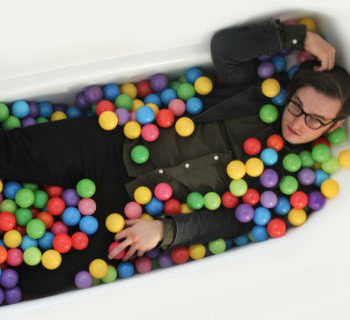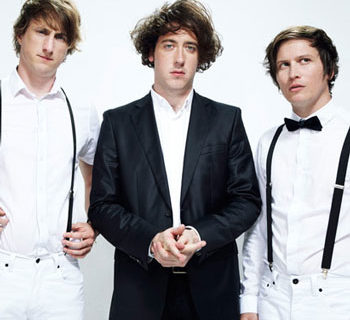Post-Pop Depression – Iggy Pop
Post-Pop Depression feels as much a product of Josh Homme’s groove inflected desert rock, as it is the product of Iggy Pop who—even pushing seventy—still manages to rock as hard as ever. This formidable creative duo do much to create specific musical environment. However, the spectral hands of David Bowie, and his requiem Blackstar feel infused in this records DNA and create an atmosphere of bizarre exhaustion. The result is a groovy, uncomfortable, and sassy record that bears repeated listens.
Pop sounds tired, aged, grizzled and gruff on the record, and his vocal lines dip continuously between David Bowie’s affected croon and Lou Reed’s affectless talk-singing, but with that distinct gravel that feels like a punch. Homme’s contribution—as integral to the record’s sound as Pop himself—adds to this sense of exhaustion and depression.
At first, this sound is disconcerting, from the fuzzy, reverb heavy distorted guitars and thick crackling bass to the martial drum beats—all garage rock mainstays. In some ways, I was regularly expecting to encounter blast beats and blown out vocals a la Raw Power. But I was always disabused with each track, which was, at first, disappointing.
Those discordant grooves, and riffs, the exhaustion of Pop’s vocals, the layers of darkness shrouding this record, all belie the powerful influence of rock n’ roll.
The sadness that leaks onto these tracks like a dripping faucet make it hard to get a visceral feel on first listen. From musings on relevance in “American Valhalla” to love songs like Allen Ginsberg on “Gardenia,” these songs are more contemplative than aggressive. There is certainly sass and groove in the bones of this record, but fighting through that contemplative sadness—that malaise and ennui—is a struggle.
Even more evident, David Bowie’s presence leaks onto this record like a ghost, albeit unintentionally, as this was recorded last year. The arrangements have that indirect sound, that quality of introspection that David Bowie indulged in freely, up to and including his requiem Blackstar. For me, the result is an additional layer of darkness, surrounding the sound. These tracks, even at their highest, still sound horribly dark.
But it still rocks hard. Those discordant grooves, and riffs, the exhaustion of Pop’s vocals, the layers of darkness shrouding this record, all belie the powerful influence of rock n’ roll. Pop sounds tired, but his energy is visceral and sassy. Homme’s arrangements are ambient and arid, but they crackle with the vigor that gives all the best rock records their power. The rock is there, mired in the darkness, and when it comes out, such as on “Paragquay” or “Vulture,” and you feel that pelvic thrust in your ear, that’s when the darkness feels manageable.
This is not a perfect record, and often that overwhelming darkness mires the rock that lies beneath. But damn, if I don’t want to get down and dirty…and maybe pop an anti-depressant, when I listen.
Until I’m in American Valhalla,
6,895 out of 10,000 Rawckus Kung Fu Throwing Stars













